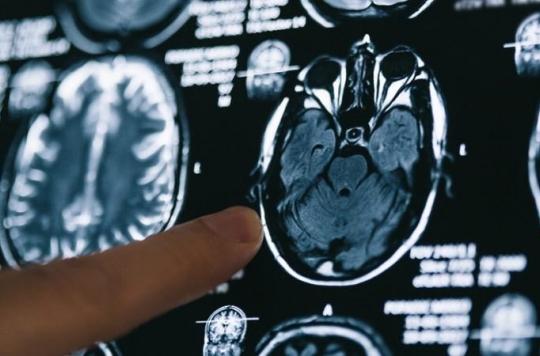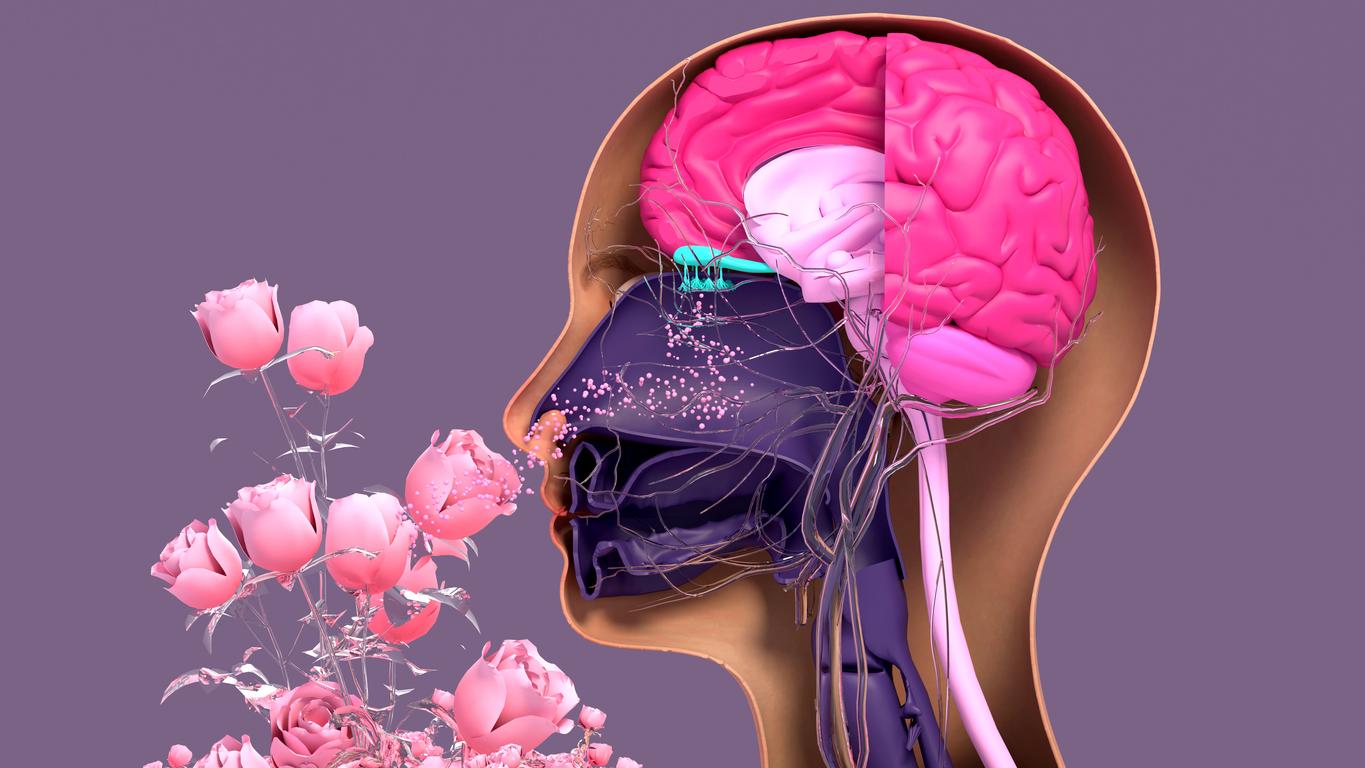Scientists have succeeded in reversing the loss of cognitive functions.

Alzheimer’s disease could affect one out of four French people over the age of 65 by 2020. The results of research carried out in the United States give hope that one day this pathology will be cured. Researchers have indeed managed to restore memory in the brains of mice. Their results were published in review Brain.
Today, there is no treatment to cure the disease. The only possible therapies are effective only if administered early and only delay the progressive decline of cognitive functions. Brain cells malfunction, then neurons die. In the later stages of the disease, there is dysfunction of glutamate receptors, which are necessary for short-term memory and learning.
Cancel the action of certain enzymes
Researchers at the University of Chicago (USA) studied the brains of mice and people who died of Alzheimer’s: they found that this receptor dysfunction is the result of a process called “repressive modification of histone “. “This disease-related abnormal histone modification is what represses gene expression, by decreasing glutamate receptors,” says Zhen Yan, lead author of the study. This then leads to loss of synaptic function and memory deficits.”
After these discoveries, the researchers’ objective was to succeed in reactivating the glutamate receptors. Since repressive histone modification is linked to enzymes, they deactivated them in the rodent brain. This technique allowed the glutamate receptors to recover their function, and the mice regained their recognition, spatial and working memory.
The researchers succeeded in restoring cognitive functions for only one week, but they intend to continue their work to reach a lengthening of the recovery period and ultimately succeed in applying these results in humans.

.

















